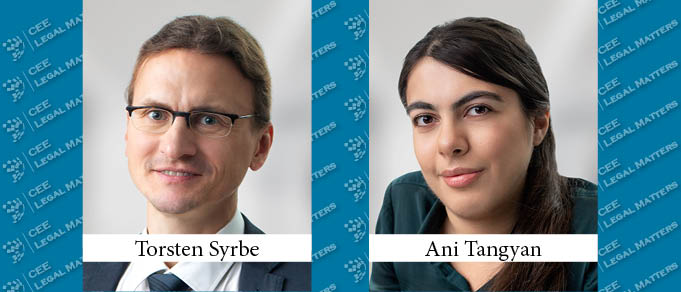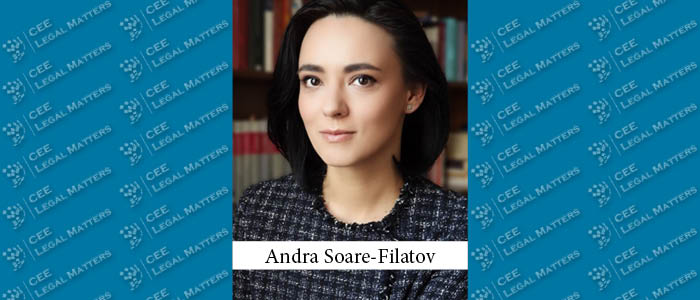Most multinational corporations have internal antitrust compliance policies in place for their global businesses, covering their Russian operations. Following years of debate, Russia has enacted a law meant to improve antitrust compliance by regulating internal compliance policies (the “Compliance Act”).
Multinational corporations don’t necessarily need to upgrade their compliance policies, at least straight away, as a result of the Compliance Act, which came into force in March 2020 in a watered-down form. However, doing so would have certain benefits, including giving recognition under Russian law to the compliance policy, potentially generating goodwill with the regulator.
The Initial Idea
As in many other jurisdictions, the initial idea behind the Compliance Act was to give corporations credit for maintaining internal compliance programs. For instance, it sometimes happens that employees breach antitrust rules, where management is neither involved in nor aware of the offending conduct. In such scenarios, the breach is often imputed to the corporation itself, potentially leading to liability for it. A simple example of an incentive for corporations would be to offer them reduced penalties upon a showing that the breaches occurred despite their provision of proper antitrust compliance training to employees.
Under Russian law, turnover-pegged fines are generally calculated within corridors ranging from 1% to 15% of the relevant turnover. The Federal Antimonopoly Service (FAS) starts in the middle of the applicable corridor and then factors in mitigating or aggravating circumstances, such as the duration of the breach, the offender’s cooperation with it, etc., with each factor assigned a value of up to 1.75%.
It was originally contemplated that having a functioning antitrust compliance policy in place would be treated as a mitigating factor when calculating fines. Provisions to that effect were included by the FAS in the first draft of the Compliance Act, then omitted by the Russian government, and then raised again before parliament. Ultimately, parliament decided not to provide for mitigation in the final version of the Compliance Act, taking away a key incentive for companies to implement such policies, calling into question the practical value of the Compliance Act.
What’s Left
The fact an internal compliance policy is in place will be taken into account by the FAS when deciding the frequency of scheduled antitrust reviews. That said, scheduled reviews are not the measures that companies fear the most.
Companies now have concrete grounds in law to cite their internal compliance policies as part of their defense in antitrust investigations. While it remains up to the FAS and Russian courts to decide whether to treat this as a mitigating factor or not, there is at least a chance of benefitting from a reduced fine for those companies that can demonstrate they take antitrust compliance seriously.
Policy Requirements
According to the Compliance Act, an effective antitrust compliance policy must set out risk assessment procedures, mitigation measures, and procedures for making all employees aware of it. As to form, the policy must be in Russian and published on the corporation’s website. Notably, it may be either adopted by a Russian corporation or introduced by another group entity, such as a global parent corporation.
Adoption of an antitrust compliance policy is voluntary. A corporation can submit its policy for voluntary review to the FAS, and this may provide a certain level of comfort. However, the legal status of a policy is the same whether it has been approved by the FAS or not.
For What It’s Worth
Companies should consider whether to upgrade their existing compliance programs to have them recognized as a sufficient policy under Russian law. Although this is not essential and may only provide limited benefits, any such step may be seen as a sign of respect for the FAS and will enable the corporation concerned to cite its policy should the need arise. Second, Igor Artemiev, the head of the FAS, has emphasized that the FAS has not given up on the idea of introducing more concrete legal benefits, and the authority continues to lobby for legislative amendments to this end. In addition to a potential reduction of applicable fines, the FAS is considering the possibility of fully releasing companies from liability if they have duly implemented a legally sufficient policy.
By Torsten Syrbe, Partner, and Ani Tangyan, Associate, Clifford Chance Moscow
This Article was originally published in Issue 7.8 of the CEE Legal Matters Magazine. If you would like to receive a hard copy of the magazine, you can subscribe here.
























